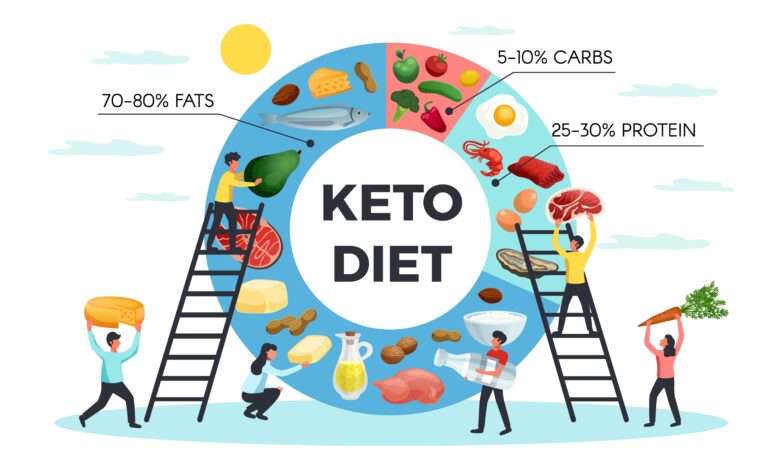diabetes management: Finding the Right Carbohydrate Balance

Living with diabetes necessitates a thoughtful approach to managing blood sugar levels and maintaining overall health. One crucial aspect of diabetes management is understanding how carbohydrates affect blood glucose levels. While carbohydrates are an essential part of a balanced diet, it is important for individuals with diabetes to regulate their carbohydrate intake to keep their blood sugar within a healthy range. This article aims to provide insights into determining the appropriate amount of carbohydrates to consume when living with diabetes.
Understanding Carbohydrates and Diabetes
Carbohydrates are the primary macronutrient responsible for raising blood sugar levels. They come in various forms, such as sugars, starches, and fibers, and are found in a wide range of foods, including grains, fruits, vegetables, and dairy products. When consumed, carbohydrates break down into glucose, resulting in an increase in blood sugar levels.
Individualized Approach
The ideal carbohydrate intake for individuals with diabetes varies depending on factors such as age, weight, physical activity level, and the specific type of diabetes. It is crucial to work closely with a healthcare professional or registered dietitian to determine a personalized carbohydrate plan that aligns with your specific needs and goals.
Counting Carbohydrates
Carbohydrate counting is a popular method used by individuals with diabetes to manage their blood sugar levels effectively. It involves monitoring the total grams of carbohydrates consumed per meal or snack and adjusting insulin doses or other medication accordingly. Carbohydrate counting empowers individuals to make informed food choices and maintain better control over their diabetes.
Glycemic Index and Load
The glycemic index (GI) and glycemic load (GL) are tools that can be used to assess how different carbohydrate-containing foods affect blood sugar levels. The GI ranks foods based on how quickly they raise blood glucose levels, while the GL takes into account both the quality and quantity of carbohydrates consumed. Foods with a low GI or GL, such as whole grains, non-starchy vegetables, and legumes, are generally recommended for individuals with diabetes as they cause a slower and more stable rise in blood sugar.
Balanced Meal Planning
Focusing on balanced meals that include lean proteins, healthy fats, and high-fiber carbohydrates can help individuals with diabetes manage their blood sugar levels effectively. Choosing whole grains, fruits, and vegetables over refined and processed carbohydrates is recommended. Portion control is also crucial, as overconsumption of even healthy carbohydrates can still lead to elevated blood sugar levels.
Monitoring and Adjusting
Regular blood sugar monitoring is essential for understanding how different foods and carbohydrate amounts affect your body. Keeping a record of your blood glucose levels before and after meals can help identify patterns and make necessary adjustments to your carbohydrate intake. Consulting with a healthcare professional or registered dietitian will provide guidance on making appropriate modifications to your diet plan.
Determining the optimal carbohydrate intake for diabetes management requires an individualized approach. While there is no one-size-fits-all recommendation, working with healthcare professionals and implementing strategies such as carbohydrate counting, considering the glycemic index and load, and focusing on balanced meal planning can contribute to better blood sugar control and overall well-being. By taking an active role in managing carbohydrate intake, individuals with diabetes can lead healthy and fulfilling lives.



